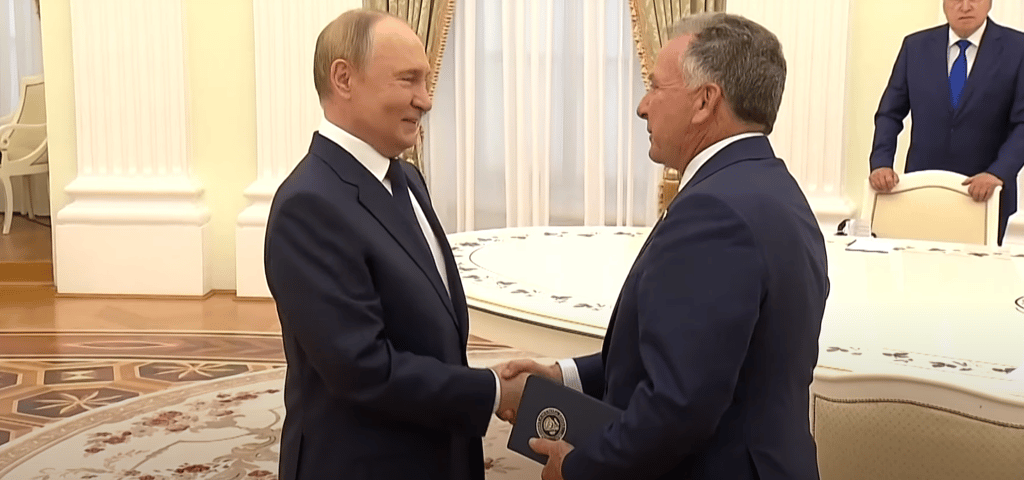Steve Witkoff Meets Putin in Moscow – U.S. Sanctions Deadline Nears | August 6, 2025
U.S. envoy Steve Witkoff met President Putin in Moscow for three hours as U.S. sanctions deadline loomed. Talks deemed “constructive” with partial ceasefire hints
Raja Awais Ali
8/6/20252 min read


Steve Witkoff Holds Crucial Talks with Putin in Moscow Ahead of Sanctions Deadline
On August 6, 2025, U.S. Special Envoy Steve Witkoff held a high-stakes, three-hour meeting with President Vladimir Putin in Moscow. The session came just days before a self-imposed sanctions deadline set by President Trump. Intended as a final push to secure even a partial ceasefire in Ukraine, the meeting was described by the Kremlin as “useful and constructive.” While no formal agreement emerged, both parties reportedly exchanged significant strategic messages.
Witkoff—a real estate magnate without prior diplomatic experience—arrived in Moscow amid rising international tension. The United States had warned of new tariffs on Russia and its key energy trade partners, including India and China, should the conflict in Ukraine continue without pause. During the meeting, Witkoff, joined by Russian sovereign wealth fund chief Kirill Dmitriev, conveyed direct messages from President Trump and explored the possibility of halting Russia’s drone and missile campaigns. However, experts noted that President Putin is unlikely to shift his military posture unless the West offers major concessions, particularly regarding NATO expansion and Ukraine’s long-term neutrality.
Although the meeting didn’t result in a full ceasefire, it may have opened the door to a limited aerial truce—pausing drone and missile strikes while allowing ground operations to continue. Ukrainian leaders, however, remain firm in their demand for a complete ceasefire. Russia, on the other hand, shows no signs of altering its war objectives.
Witkoff's unorthodox diplomatic style continues to spark criticism. Despite multiple meetings with Russian leadership, critics argue he has delivered little progress and occasionally echoed Kremlin viewpoints. Still, his role as Trump’s informal envoy keeps crucial communication lines open. U.S. officials insist that his visit signals a genuine interest in negotiation, albeit under the looming threat of heavy economic sanctions.
This development is part of a broader American strategy—leveraging economic pressure and symbolic diplomacy to influence adversarial behavior. With the sanctions deadline approaching fast, Washington has placed the responsibility on Moscow to halt hostilities or face heightened penalties. Some analysts believe Russia may respond with a symbolic gesture, such as a temporary pause in airstrikes, though a full resolution appears unlikely without broader geopolitical shifts.
Meanwhile, Ukrainian President Volodymyr Zelenskyy continues to call for sustained global support and tighter international sanctions against Russia. As the world watches closely, the outcome of Witkoff’s diplomatic mission may significantly influence the future of European security and the evolving U.S.–Russia dynamic in the crucial days ahead